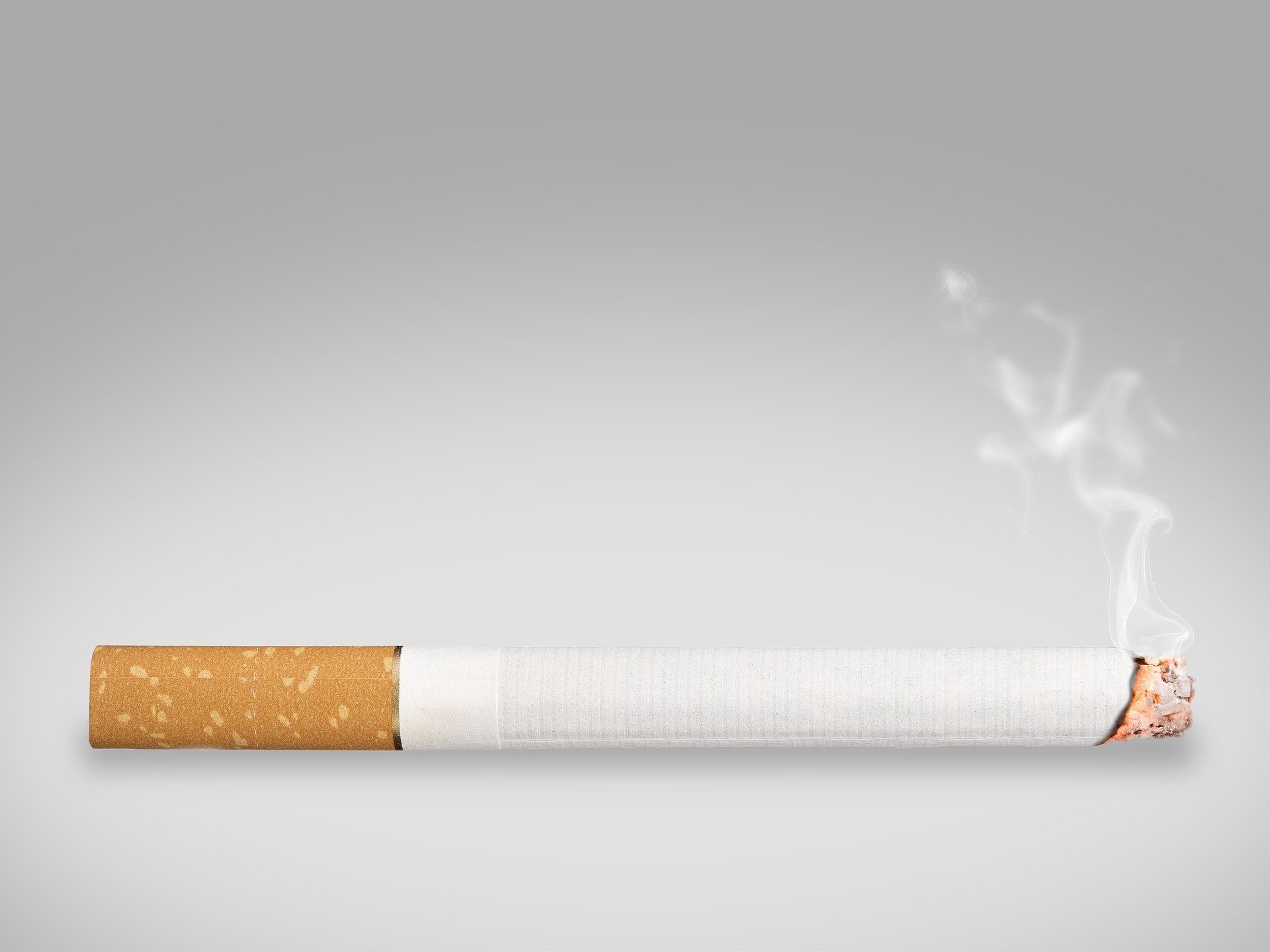Nowadays, everyone understands the long-term damage that smoking can have on your health and body. Since the 1960s, cigarette packaging has come with explicit warnings about its health effects, and other countries around the world have even stripped cigarette packs of all branding and replaced them with graphic depictions of damage caused by tobacco. Despite this, breaking habits can be challenging, and roughly 10% of senior citizens are still daily smokers to this day. Among those smokers, the vast majority want to quit but find it too difficult to do it alone. If you or an elderly loved one want to finally toss aside cigarettes, read on for some tips that are tried and proven to help minimize reliance on tobacco.
Smoking Effects on US Population
Everyone knows that smoking can be bad for you, but sometimes, seeing the data is what really hammers home the message. The CDC estimates that roughly 500,000 people die annually directly from smoking, with most of these deaths caused by cancer and respiratory diseases. Smokers have an overall mortality rate 3x higher than non-smokers, and the life expectancy of smokers is ten years fewer than non-smokers. Smoking causes deficiencies in nearly every part of the body, so even those spared life-threatening illnesses directly from smoking still face a higher risk of other illnesses and a lower quality of life.
Because of the detriments to almost all aspects of your body’s vital systems, quitting smoking benefits anyone at any age, even if you are not worried about the long-term increases to specific cancers or diseases. Smoking can even hamper your body’s olfactory and taste capabilities, which means quitting can quickly see delicious food and beautifully-scented flowers becoming even more of a joy.
First Steps To Quit Smoking For Good
Hopefully, by now, you are convinced of the benefits of a smoke-free life. Taking the first steps to change your habit is extremely difficult, but it is possible.
The initial withdrawal symptoms from quitting an addictive drug like nicotine can be intense. You can suffer from headaches, entire-body fatigue, weird food cravings, and increased irritability. To take on these challenges, it is imperative to have a support structure in place.
Your initial steps should be to involve the people in your life and formalize a plan. This includes your family, caregivers, and doctor. Your healthcare provider will give you the best information on how your body might react to withdrawal and what steps you can take to prevent them from becoming severe. By keeping those you love involved in the process, you will have more people to rely on who can motivate you or help you when your body is craving a smoke. If your only access to cigarettes is an outside source bringing them to you, ensuring that they know at the outset your commitment to quitting means they will keep you on the straight and narrow path on days where you might falter.
When you decide to quit smoking, it generally follows a realization of the increased quality of life you can have by stopping. If you are having problems due to withdrawals or addiction following your change of habit, always keep in mind the reason you quit and use it as a motivator. Is a slight temporary increase in happiness on this day more important than the years you have ahead of you?
Quitting is never easy, but everyone who is proactive in taking back their health can succeed with a support structure in place. A Banyan Residence provides quality senior care at our assisted living and memory care center in Venice.

